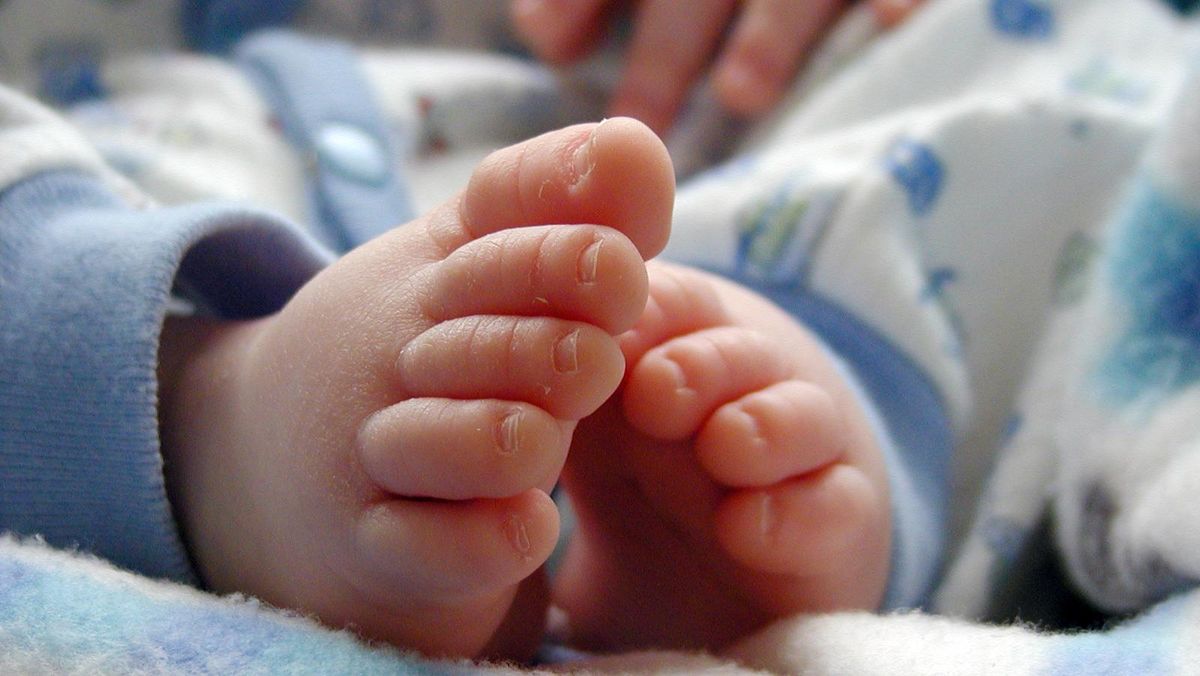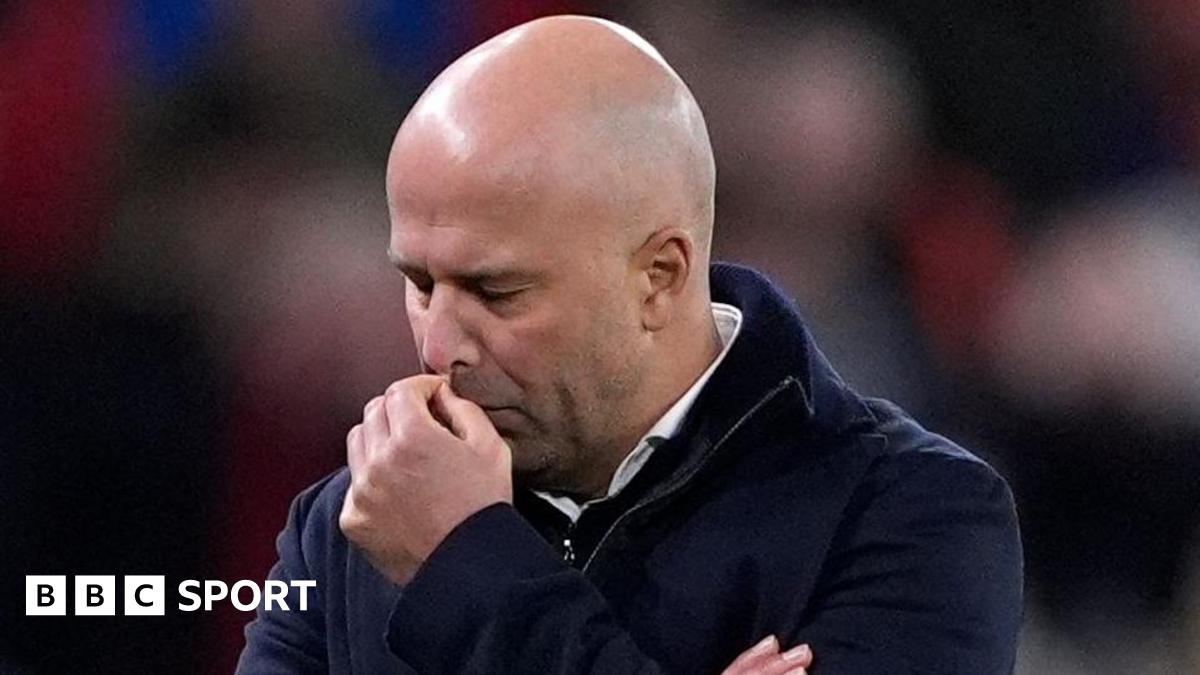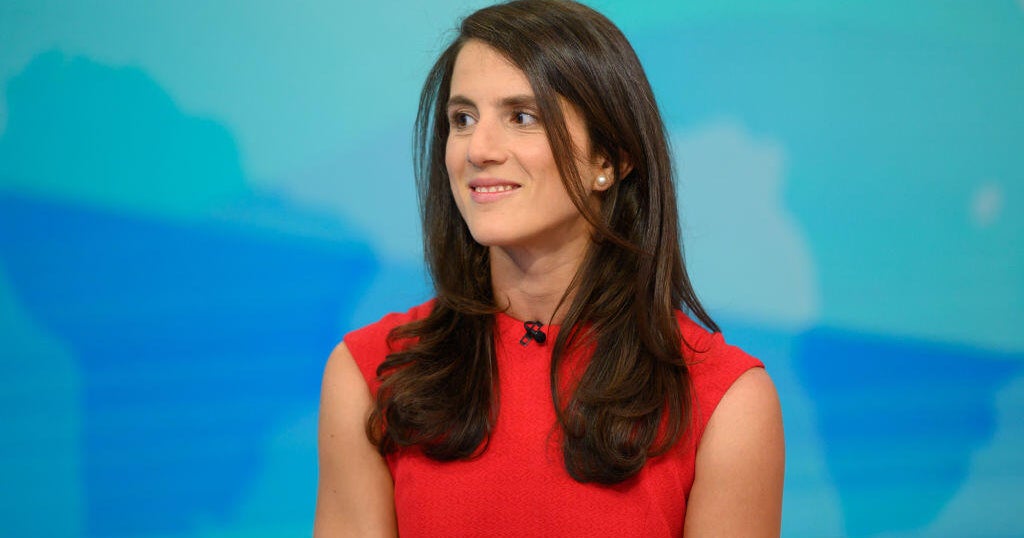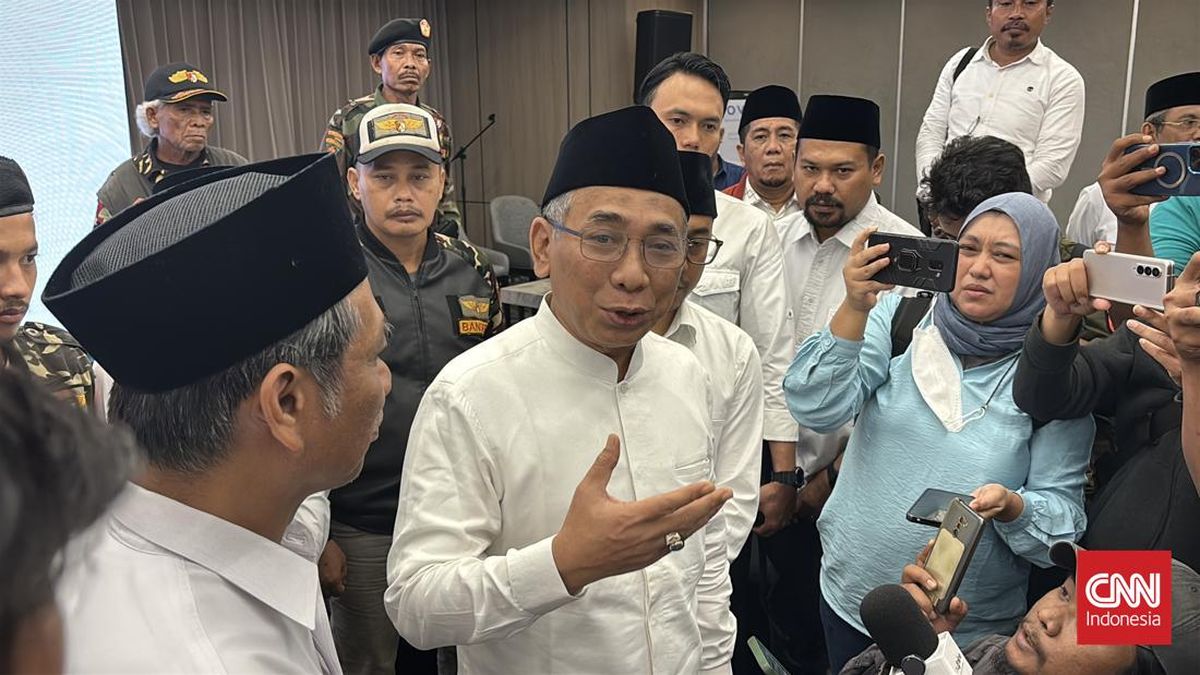Nationals senator labels opposition ‘irrelevant’ as messy net zero fight continues
Nationals senator Matt Canavan has declared that he does not care if the net zero debate roiling the Coalition damages its image because the opposition is politically “irrelevant” after the election.
Deep divides within the Coalition over whether the opposition should ditch its policy supporting net zero emissions by 2050 have been on show this week, after former Nationals leader Barnaby Joyce introduced a bill to scrap the target.

Nationals senator Matt Canavan.Credit: Rhett Wyman
Canavan said on Tuesday that he was unconcerned if the split appeared messy. “We’re irrelevant right now, who cares what it looks right now. We have got to get the results. That’s what’s important. It doesn’t have to be neat or tidy or pretty, it has to be effective,” Canavan told presenter Ben Fordham on 2GB.
“I’m sick and tired of this place ... we prioritise tidiness and neatness over effectiveness, and that’s why we’re in the mess … as a country.”
The maverick senator’s refusal to internally discuss the Coalition’s stance on net zero will further test Opposition Leader Sussan Ley as she attempts to recapture the political centre that Prime Minister Anthony Albanese claimed at his election victory in May.
As the Coalition debates its policy on net zero, the UN’s chief climate diplomat, Simon Stiell, urged the government not only to adopt an ambitious emissions reduction target for 2035, but also to cut fossil fuel exports.

Opposition Leader Sussan Ley in question time on Monday.Credit: Alex Ellinghausen
“Addressing your own domestic emissions is part of it, but exporting carbon emissions also needs to be addressed,” said Stiell, who will meet Climate Change and Energy Minister Chris Bowen on Tuesday.
“And there we need to look at that global picture in terms of not just the supply of fossil fuels, but it is cutting our dependency, demand for fossil fuels,” Stiell told ABC radio.
Loading
He said he understood the concerns of some communities that relied on such industries, which was why the Paris Agreement called for a “just and equitable transition”.
“It is the benefits from business as usual, versus the cost of inaction, which for Australia, the predictions are by 2050 ... there’ll be a GDP loss of somewhere in the region of $6.8 trillion to Australia, based on the climate impacts.
“So yes, you have economic benefits from that business as usual, but you have the economic costs which far outstrip that.”
He called for Australia to set an ambitious target for 2035 to capitalise economically on the transition.
Loading
“For Australia specifically, there’s an incredible opportunity to demonstrate what ambition looks like, to take full advantage of all of its natural resources in the green energy space, and to accelerate its transition away from its dependence on fossil fuels to new green technologies.”
In coming months, the Albanese government will face a decision on Australia’s 2035 emissions reduction target.
Some large businesses want a 70 per cent cut, while others are pushing for less than 60 per cent; the government’s Climate Change Authority, which will provide official advice, is likely to support a number between 65 and 75 per cent.
“The science is calling for a collective effort for all countries to cut emissions by 60 per cent by 2035,” Stiell said. “Every country is in a different position. Some need to do more.”
Most Viewed in Politics
Loading


















































